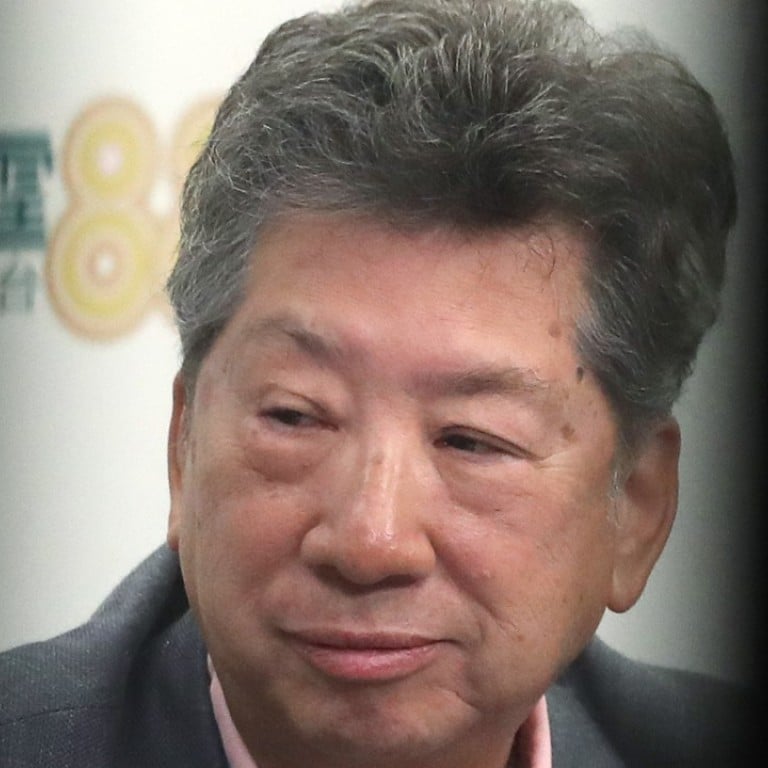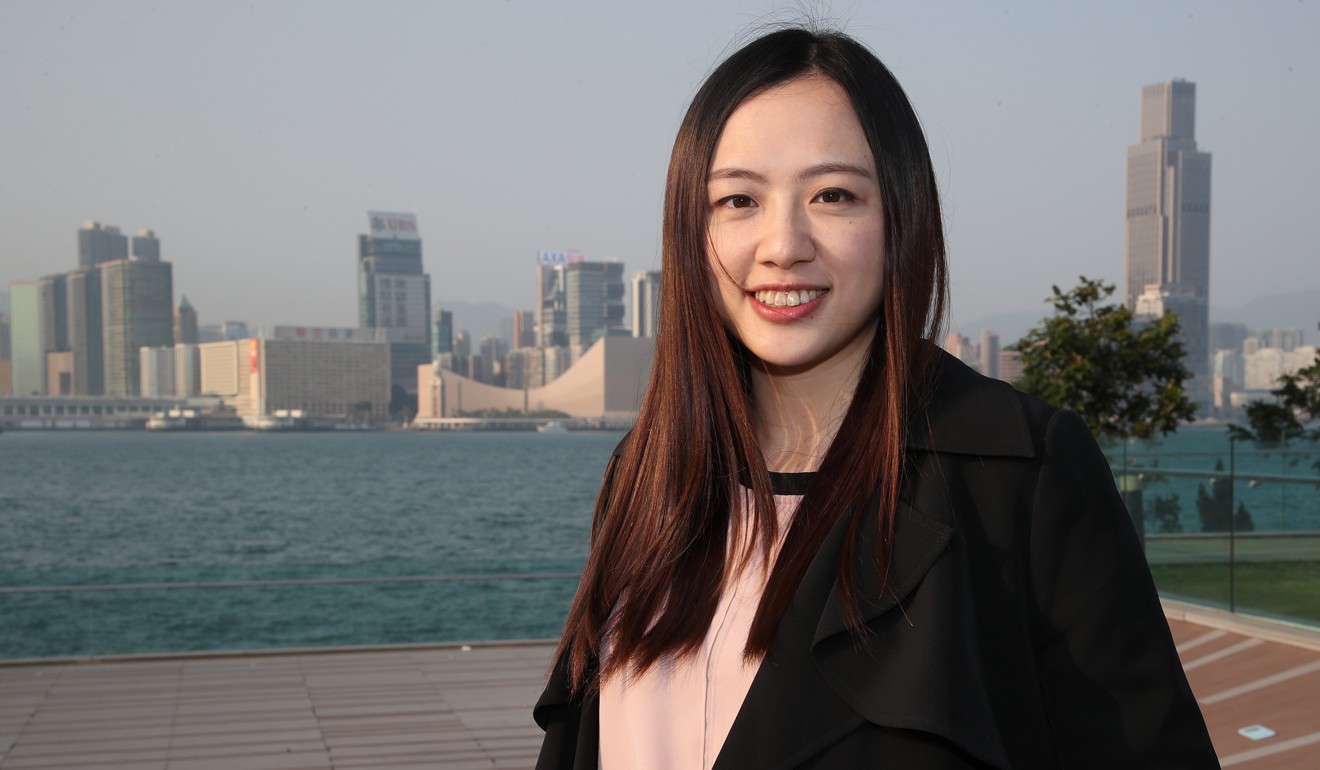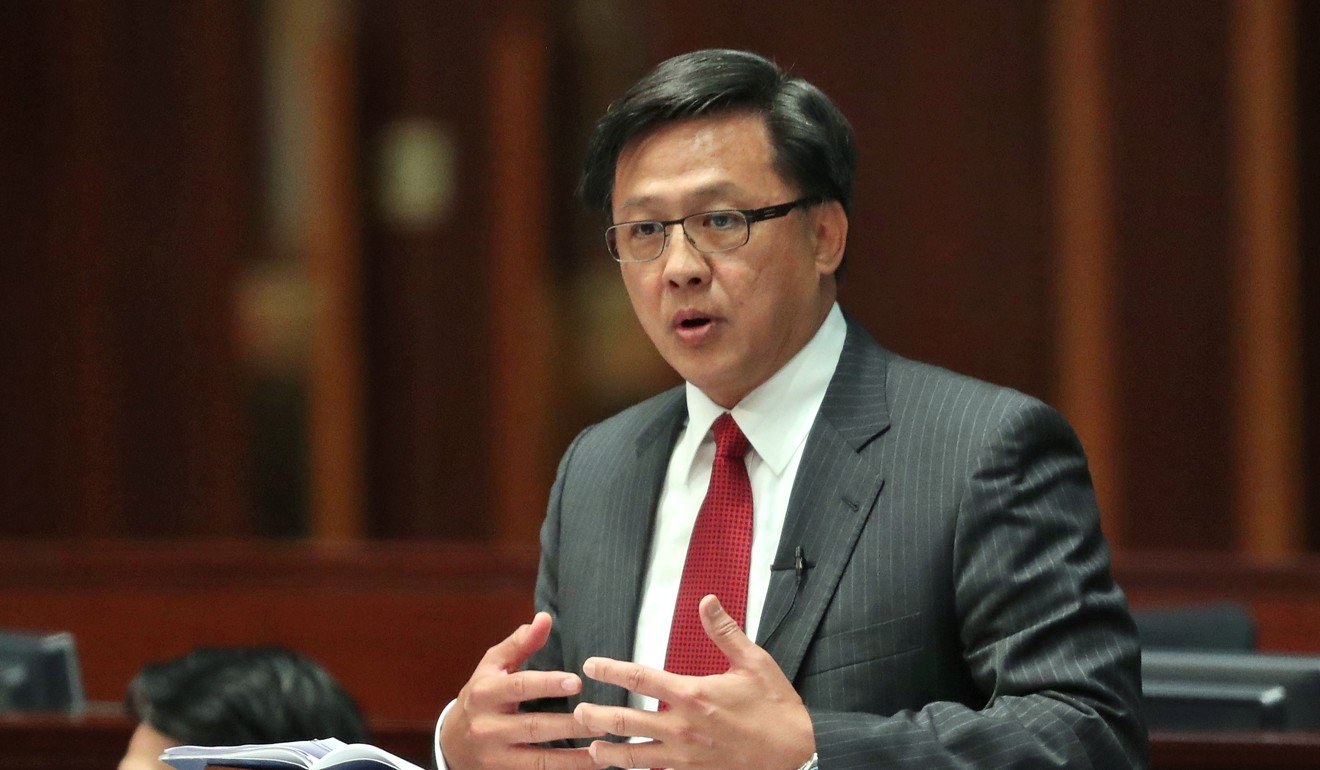
Article 23 national security law in Hong Kong could help win more democracy, government adviser Ronny Tong says
Suggestion dismissed by opposition figures, who say democracy must come before security law
An adviser to Hong Kong’s leader on Tuesday renewed his call for the city to enact national security legislation in stages, in exchange for Beijing’s approval of more democracy locally.
But Ronny Tong Ka-wah’s suggestion was dismissed by a member of the opposition Democratic Party, Senia Ng Sze-nok, who argued that Hong Kong should be allowed more democracy first, before making its own law to protect national security.

Ng, a 29-year-old barrister who is not a party official, was appointed in March as a member of the Youth Development Commission, a high-level advisory body chaired by the city’s No 2 official, Chief Secretary Matthew Cheung Kin-chung.
The Hong Kong government shelved its Article 23 bill in 2003 after half a million people took to the streets to oppose it, fearing an erosion of civil liberties.
Fear and loathing: which way forward for Article 23 national security law in face of stiff opposition in Hong Kong?
Speaking on an RTHK radio programme on Tuesday, Ng argued that Hong Kong needed to achieve a popular ballot for the chief executive, so that the city’s core values, such as freedom of speech and the rule of law, could be guaranteed.
“They simply want a stable Hong Kong, so they don’t have to look into their own backyard while they deal with other … important national issues,” he said.
“At least in their mind, they said … I can live without democracy in Hong Kong, that’s their mentality.”
Article 23 law would help heal Hong Kong’s political divide, mainland China scholar says
Tong argued that enacting Article 23 legislation would help Hong Kong and Beijing to rebuild mutual trust. Then with more trust, the central government could be more willing to allow the city to enjoy more democracy, he added.
“I think Article 23 is the only chip that we have … because this is what Beijing wants, and we want democracy. So each of us wants something that the other side can give,” he said.

Tong reiterated that he would prefer to enact such legislation in “stages”, in a reference to his proposal last November that offences concerning treason and secession would be dealt with first because they were more straightforward. They could be followed by offences about state secrets, he suggested at that time.
Speaking on the same programme, pro-Beijing lawmaker Junius Ho Kwan-yiu argued that national security legislation had “to be done first” before giving Hongkongers more democracy.

